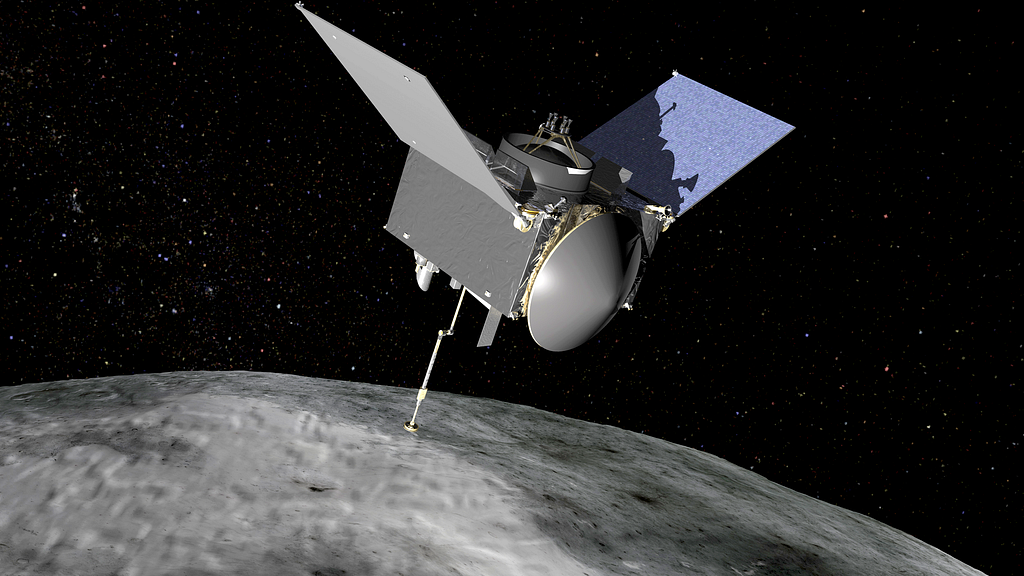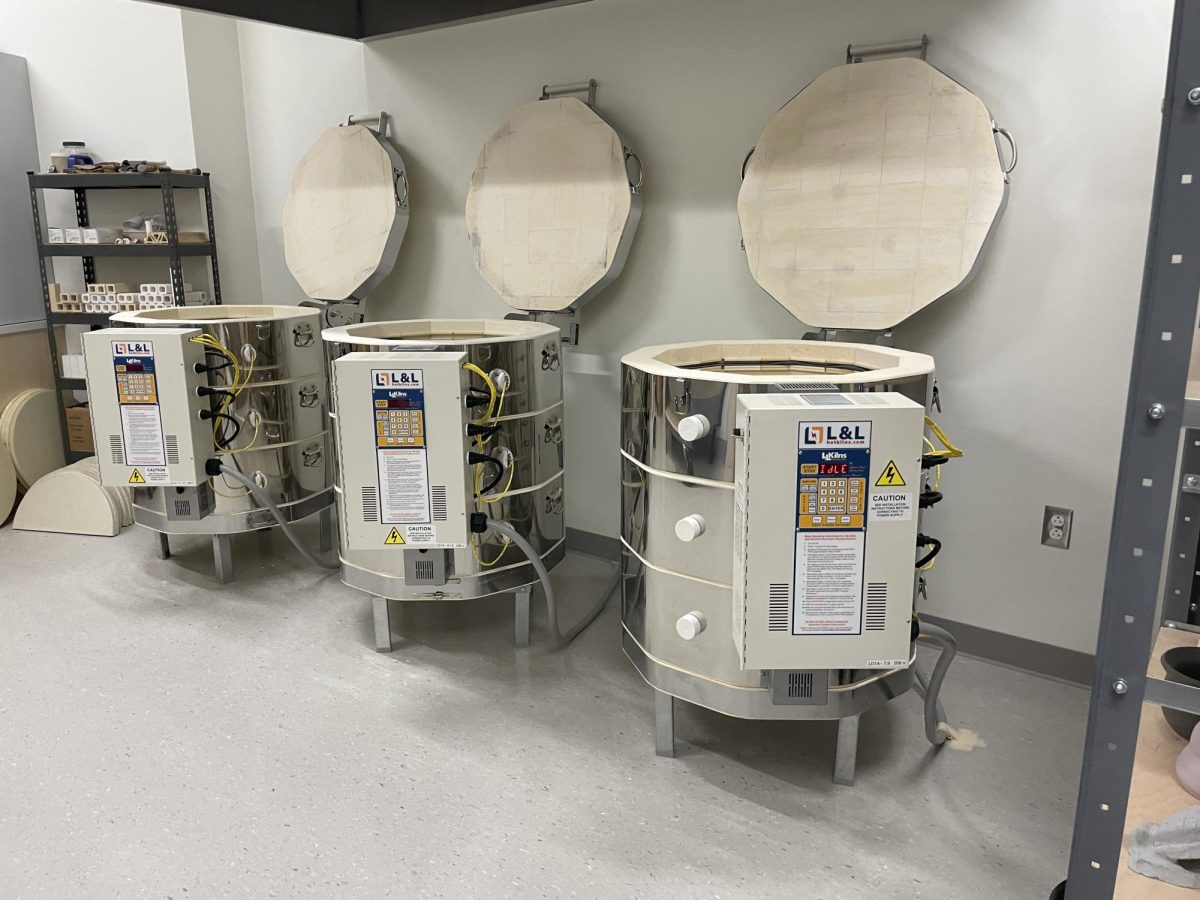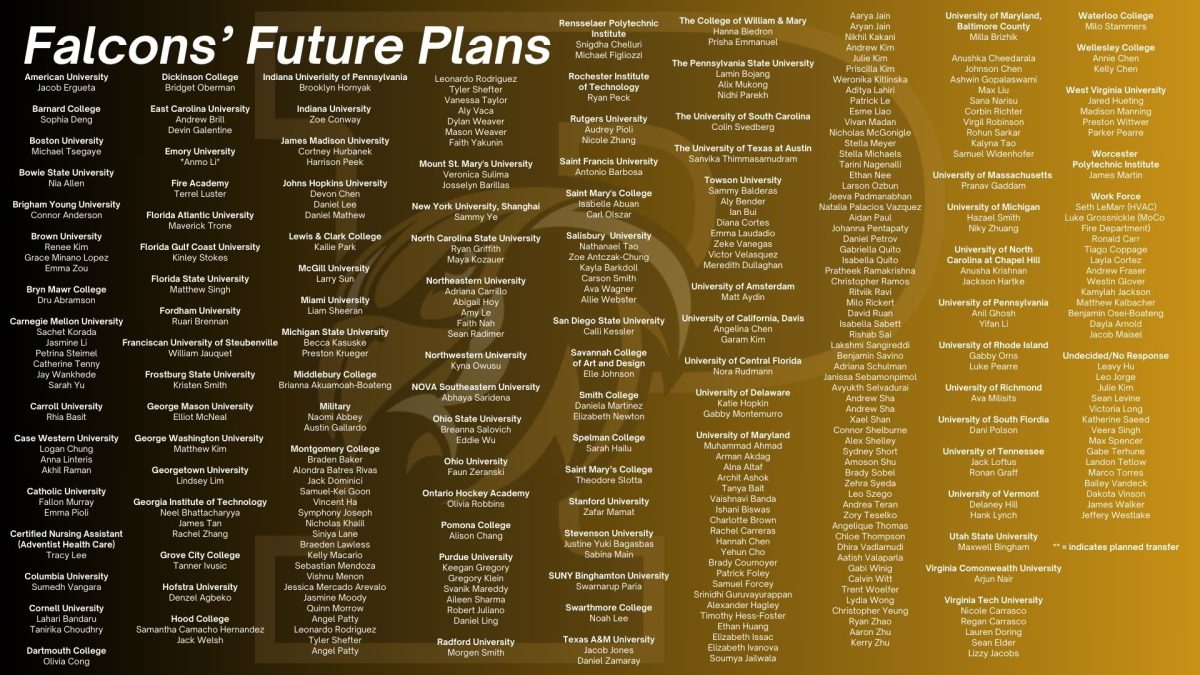The spacecraft OSIRIS-REx, for the first time ever, returned a sample of rock from an asteroid to Earth, sparking new intrigue and questioning the origin of life on Earth and throughout the solar system.
On Sept 24th, 2023, the OSIRIS-REx spacecraft returned back to Earth after collecting surface samples of rock and dust from the asteroid Bennu. When analyzing the sample retrieved from the asteroid, scientists found hints towards the origin of life throughout our solar system.
“The sample from asteroid Bennu has organic material that can suggest lifeforms in other parts of our solar system,” said Paul Tang, co-president of the Astronomy Club.
The goal of the asteroid sample mission was to take samples from the asteroid and to determine what compounds the outer surface of the asteroid was made of, which could tell us how planets formed and how life began in our solar system. Upon the return of the sample to Earth, scientists discovered evidence of both carbon and water in the rock on the surface of Bennu.
The presence of organic compounds in the asteroid could tell us how life arose in our solar system and on Earth millions of years ago and how water came to our planet. We can also use this information to predict or find out if life will arise or has already arisen elsewhere in the universe.
“I think that the exploration of other celestial bodies is necessary to make an accurate assumption about the presence of life in our solar system,” Tang said. “The only way to truly test for ancient life forms would be to send a probe to analyze the composition of the regolith [surface].”
These new developments in the study of otherworldly life and astrobiology have influenced and excited scientists and students alike across the world, sparking new conversations and thinking about life in our solar system.
“Since the sample from asteroid Bennu has organic material that can suggest lifeforms in other parts of our solar system, more articles on the internet of astrobiology have been published, giving us more concepts to talk about,” Tang said.
Physics teacher Mrs. Suzanne Smedberg commented as well on the new developments in astrobiology and its impact on education and scientific research.
“What they are discovering with this spacecraft has never been measured or studied before,” Smedberg said. “It opens a whole new field of study for a whole new generation of scientists to explore.”
The spacecraft, after returning the sample capsule to Earth, continued on a new mission to a new asteroid, Apophis. It will reach Apophis in April of 2029, taking samples of the surface and returning them to Earth for future study.













